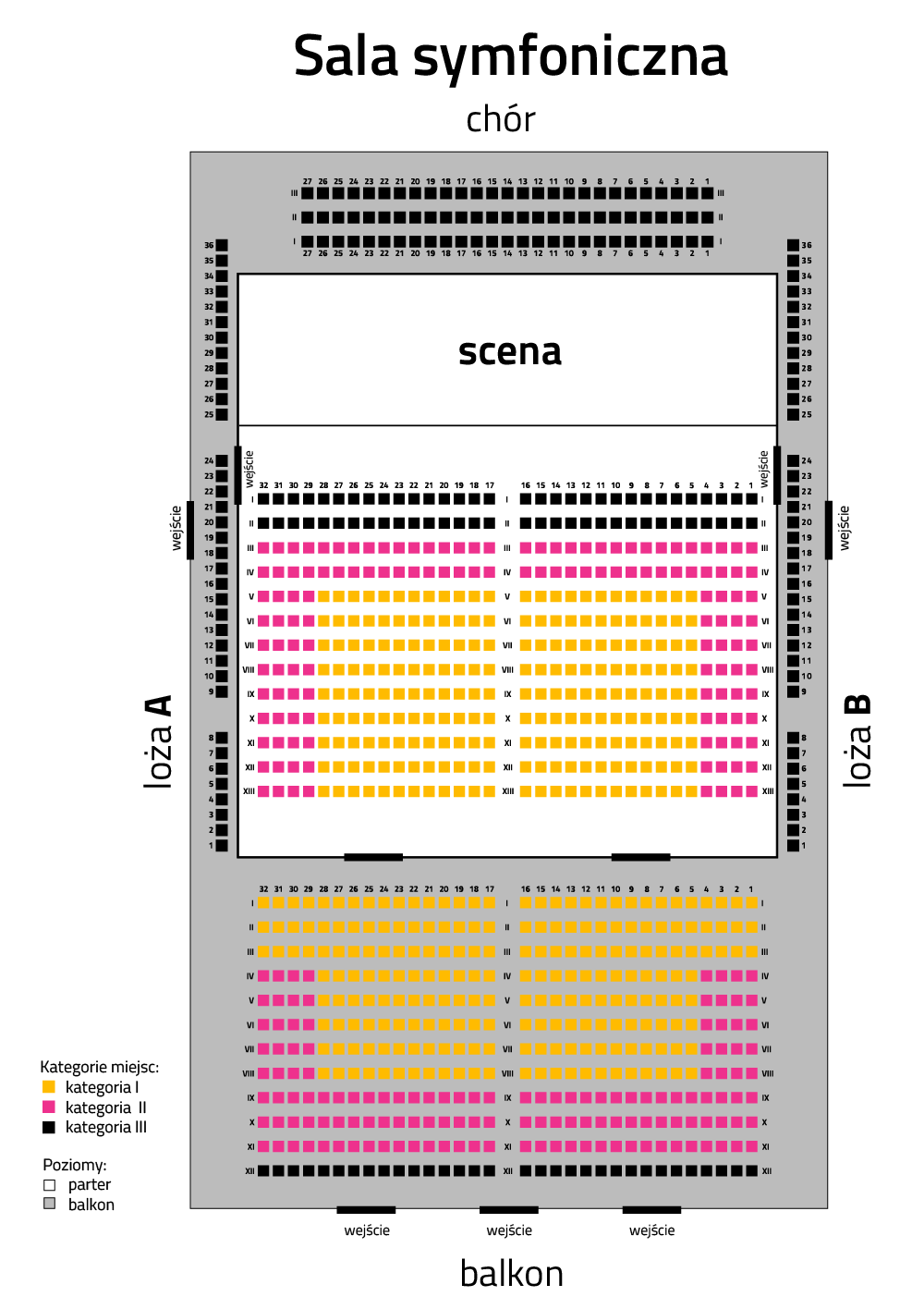"If all musicians were as affable as cellist Joshua Roman, there’d be no chatter about classical music and how it is in jeopardy or doomed to die a slow death in cavernous concert halls.” This is how cellist Joshua Roman was described by journalist Lou Fancher of the San Francisco Classical Voice (April 2016). With his interdisciplinary activity the artist seems to deny the present reality of musical specialization.
Joshua Roman successfully works as a cellist, composer, inspirator of musical events (Town Music Festival in Seattle), festival advisor (Colorado Music Festival) and promoter of contemporary music.
With his activity, he seems to return to the 18th century model when the composer was simultaneously a creator, performer, musical director and organizer of musical life (Haydn, Händel). Importantly, he does so in a modern way so as to attract new listeners into the world of music. In the spectrum of his interests, we find classical and contemporary pieces, like Witold Lutosławski's concerto. Although the author of "Venetian Games" starts slowly entering the pantheon of classical composers, yet still the sound language of this author can shock. The concert was written for legendary artist Mstislav Rostropovich. Sometimes he is interpreted in terms of a combat between individuality against brutal mass. Essentially, in the composition the conflict between cello and orchestra dominates. However, in the four-part structure of the piece (parts pass without interruptions) we also find lyrical moments and places of reconciliation. The finale is full of rebellion and "dramatic cello gestures" until the final scream of the instrument.
Let's return to this universal character of the musicians' activities. If you look at the history cards then – let's note – the realities often forced artists into this versatility. Joseph Haydn served in the court of the princes of Eszterhaze, who made him happy with many duties, although he himself probably would have preferred to focus on composing (thankfully he did not have to serve the table). Antonín Dvořák, whose Symphony No. 9 is one of the most popular national works of American music, was probably the composer-institution. Oops! Exactly.
Looking at the history cards of European musicians in North America, it must be admitted that there is no nationality that would have achieved more success there than the inhabitants of the native country of St. Wenceslas and Cyril and Methodius (Czech and Moravia). The Slavic musical sensitivity was very much to the tastes of the American public two hundred years before Antonín Dvořák's arrival in the New World, to mention, for example, the successes of Jan Waclaw Stamica (1717-1757) and Jan Waclaw Kaliwoda (1801-1866). However, what happened after the premiere of the Symphony no. 9 at the New York Philharmonic on December 15, 1893, surpassed the wildest expectations. "New York Herald": "The Great Symphony of Dvorak! – Miracle of beauty! – Director of the National Conservatory offered a masterpiece of music to the music literature – the first part is the most tragic, the second is the most beautiful, the third is the most funny!" Soon the symphony was recognized as American music. Let’s leave the presence of “negro motives – as it is defined in the literature – to the analysts. But one must admit that Dr. Dvořák's music has inspired the next generations of American composers. On the question of the nationality of this symphony the artist made a clear statement: "I wrote a symphony that grabbed the whole of America by heart. This is and will always be Czech music."
However, when you compose a brilliant work for the New World, you have to be aware that they may like it ... too much.
------------------------------
Mikołaj Rykowski PhD
Musicologist and clarinetist, doctorate, and associate at the Department Music Theory at the Paderewski Academy of Music in Poznań. Author of a book and numerous articles devoted to the phenomenon of Harmoniemusik – the 18th-century practice of brass bands. Co-author of the scripts "Speaking concerts" and author of the spoken introductions to philharmonic concerts in Szczecin, Poznań, Bydgoszcz and Łódź.



